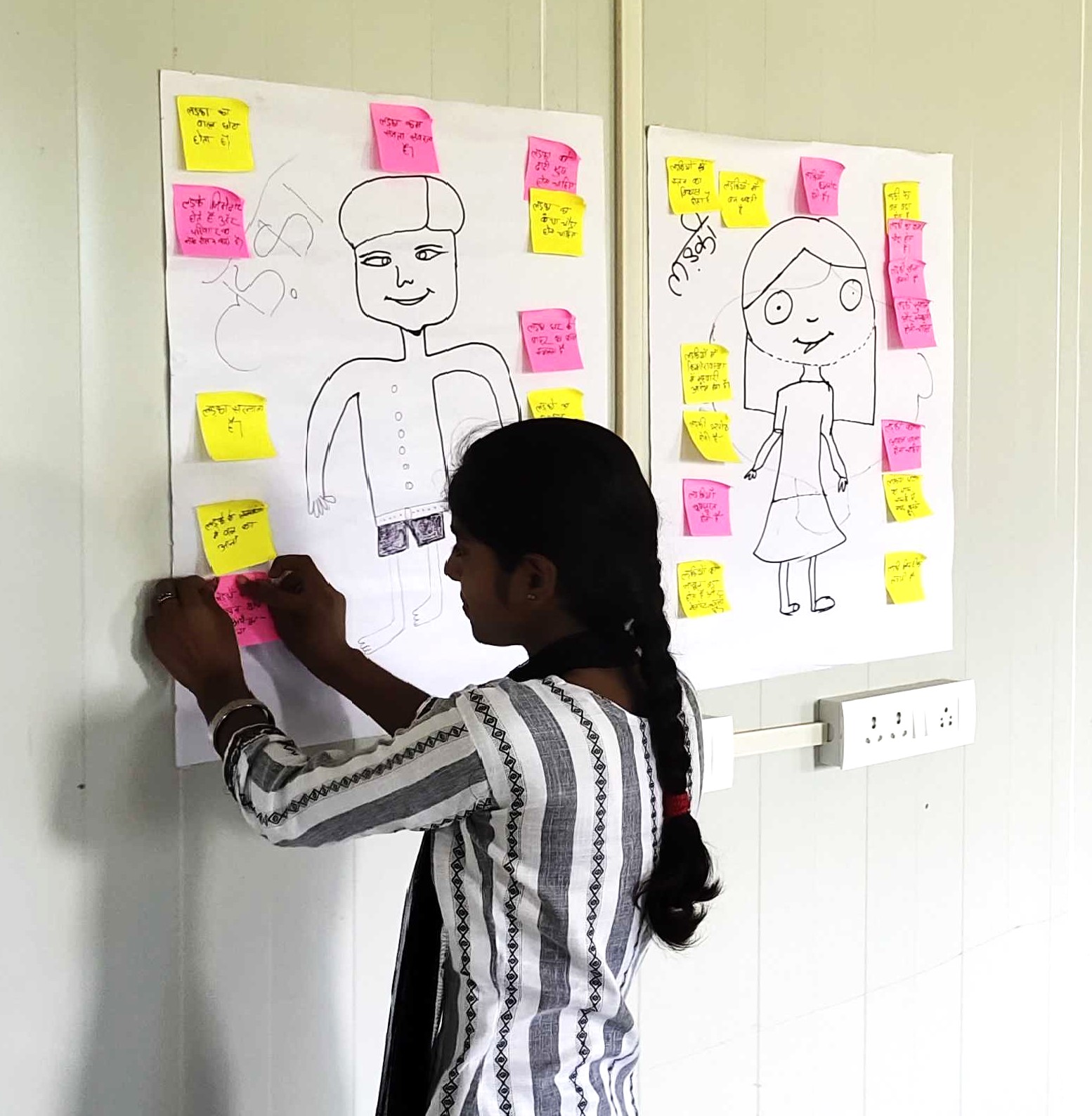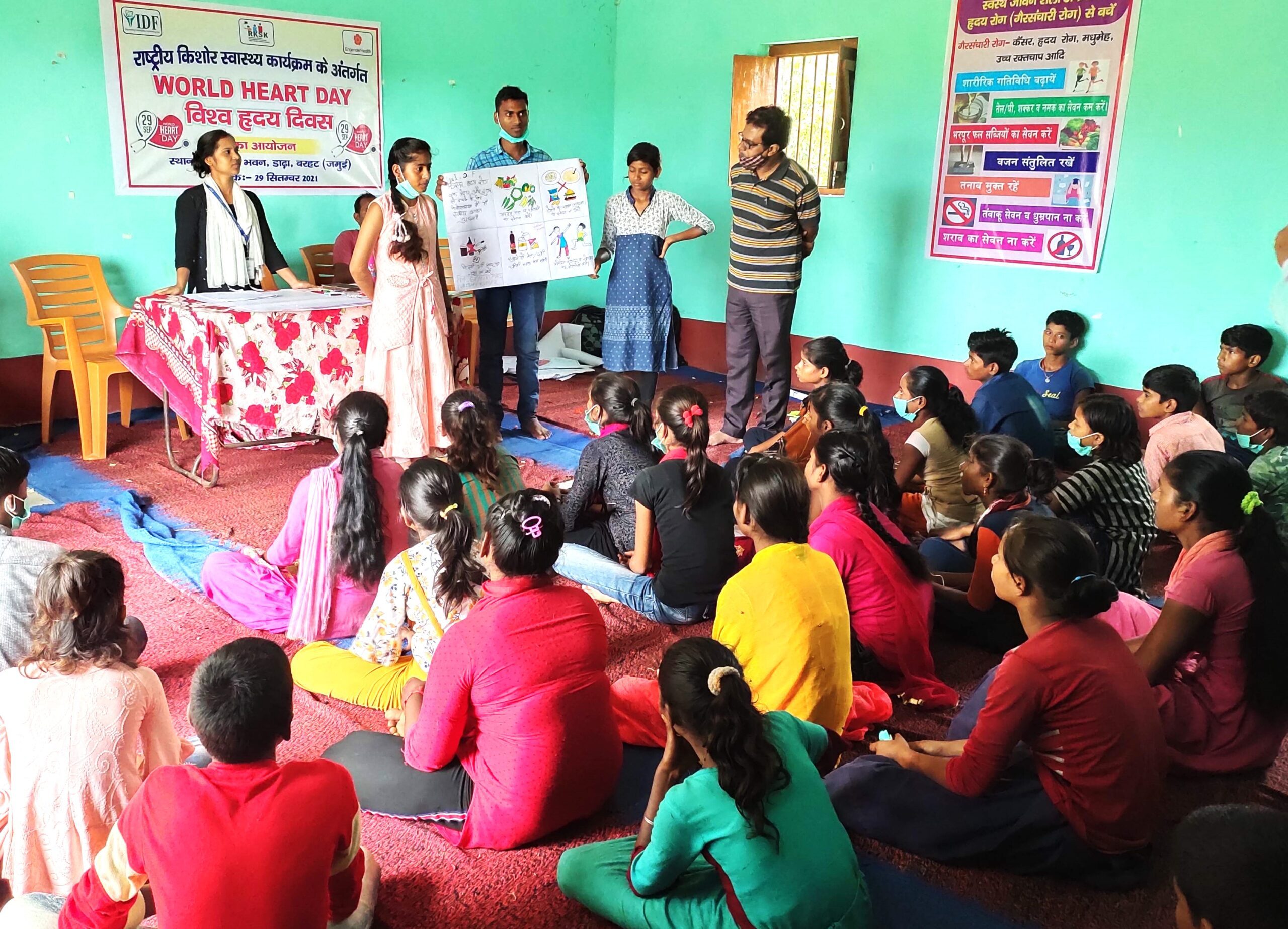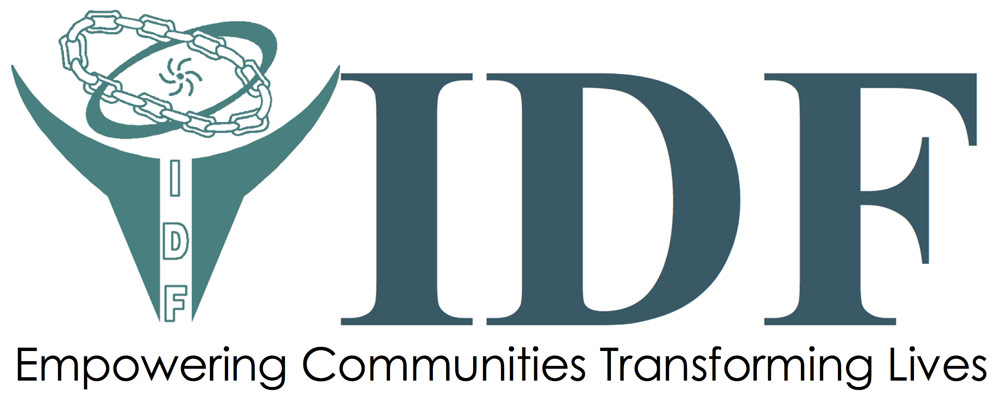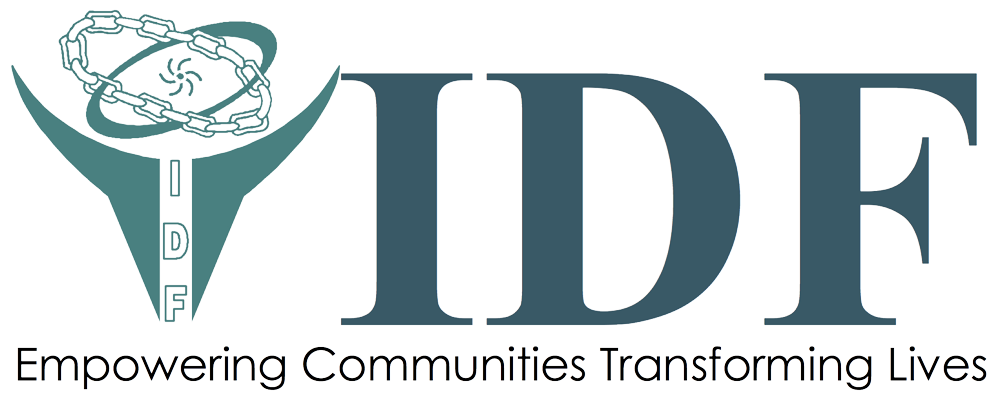TARUNYA-Adolescent Health and Development
Project : TARUNYA-Adolescent Health and Development
Donor : Engender Health
Location : Jamui, Bihar
Outreach : The project is being implemented in ten blocks of Jamui district covering 491 villages covering adolescent girls and boys through peer education model.
Project Brief :
 Project TARUNYA, envisaging adolescents’ health & development, is being implemented by IDF in collaboration with Engender Health. The key principles are adolescents’ participation and leadership, equity & inclusion, gender equity and strategic partnership with other sectors and stakeholders. The major objectives of this project are to improve nutrition, improve Sexual and Reproductive Health, enhance mental health, prevent injuries and violence, prevent substance misuse and address non communicable diseases. As per the RKSK guideline, adolescents in the community are covered through Peer Education (PE) Programme. Project team extendedsupport to ASHAs in consultation with Village Health Sanitation and Nutrition Committee towards selection of Peer Educators. Facilitated capacity building training of 20 PEs and other stakeholders (ASHA facilitators, Teacher, Mukhiya, ANM,Sevika, VikasMitra, Jeevika Facilitator,Jeevika Group Leader and Ward Member) training across four different blocks of Jamui on 6 thematic areas (nutrition, sexual reproductive health, substance misuse, non- communicable diseases, mental health and injuries and violence) of RKSK. Selected champions from Adolescent groups and also trained them on 6 thematic areas of RKSK. Gap analysis was undertaken with a view to ascertain the extent utilization of services at Adolescent Friendly Health Clinic (AFHC) and obstacles in the way providing services to the young people. Based on the analysis, strategy was planned to abridge existing gaps of Infrastructure, commodity and services which minimized with resources and funds available under RKSK. Organisation also facilitated proper interior space, facilities like safe drinking water, clean & hygienic toilet at the Adolescent Friendly Health Clinic.Developed IEC materials on priority adolescent health issues were disseminated and supported to develop swift process of registration, referral and its documentation which ultimately provided relief to the councilors as well as clients. Regular observation of “Adolescent Health Day” which is works as a platform for referral of clients to the Adolescent Friendly Health Clinics.
Project TARUNYA, envisaging adolescents’ health & development, is being implemented by IDF in collaboration with Engender Health. The key principles are adolescents’ participation and leadership, equity & inclusion, gender equity and strategic partnership with other sectors and stakeholders. The major objectives of this project are to improve nutrition, improve Sexual and Reproductive Health, enhance mental health, prevent injuries and violence, prevent substance misuse and address non communicable diseases. As per the RKSK guideline, adolescents in the community are covered through Peer Education (PE) Programme. Project team extendedsupport to ASHAs in consultation with Village Health Sanitation and Nutrition Committee towards selection of Peer Educators. Facilitated capacity building training of 20 PEs and other stakeholders (ASHA facilitators, Teacher, Mukhiya, ANM,Sevika, VikasMitra, Jeevika Facilitator,Jeevika Group Leader and Ward Member) training across four different blocks of Jamui on 6 thematic areas (nutrition, sexual reproductive health, substance misuse, non- communicable diseases, mental health and injuries and violence) of RKSK. Selected champions from Adolescent groups and also trained them on 6 thematic areas of RKSK. Gap analysis was undertaken with a view to ascertain the extent utilization of services at Adolescent Friendly Health Clinic (AFHC) and obstacles in the way providing services to the young people. Based on the analysis, strategy was planned to abridge existing gaps of Infrastructure, commodity and services which minimized with resources and funds available under RKSK. Organisation also facilitated proper interior space, facilities like safe drinking water, clean & hygienic toilet at the Adolescent Friendly Health Clinic.Developed IEC materials on priority adolescent health issues were disseminated and supported to develop swift process of registration, referral and its documentation which ultimately provided relief to the councilors as well as clients. Regular observation of “Adolescent Health Day” which is works as a platform for referral of clients to the Adolescent Friendly Health Clinics.
Achievements:
686 Adolescent Health Day organized and covered 13287 adolescent boys, 16533 adolescent girls and 3345 other participants (ASHA, ANM, PRI members, teachers and guardians). 588 Champions along with 138 ASHAs were trained on different components of AHDP. 2556 adolescents received counseling and 1880 received clinical services out of 2214 were male and 2222 were female.





